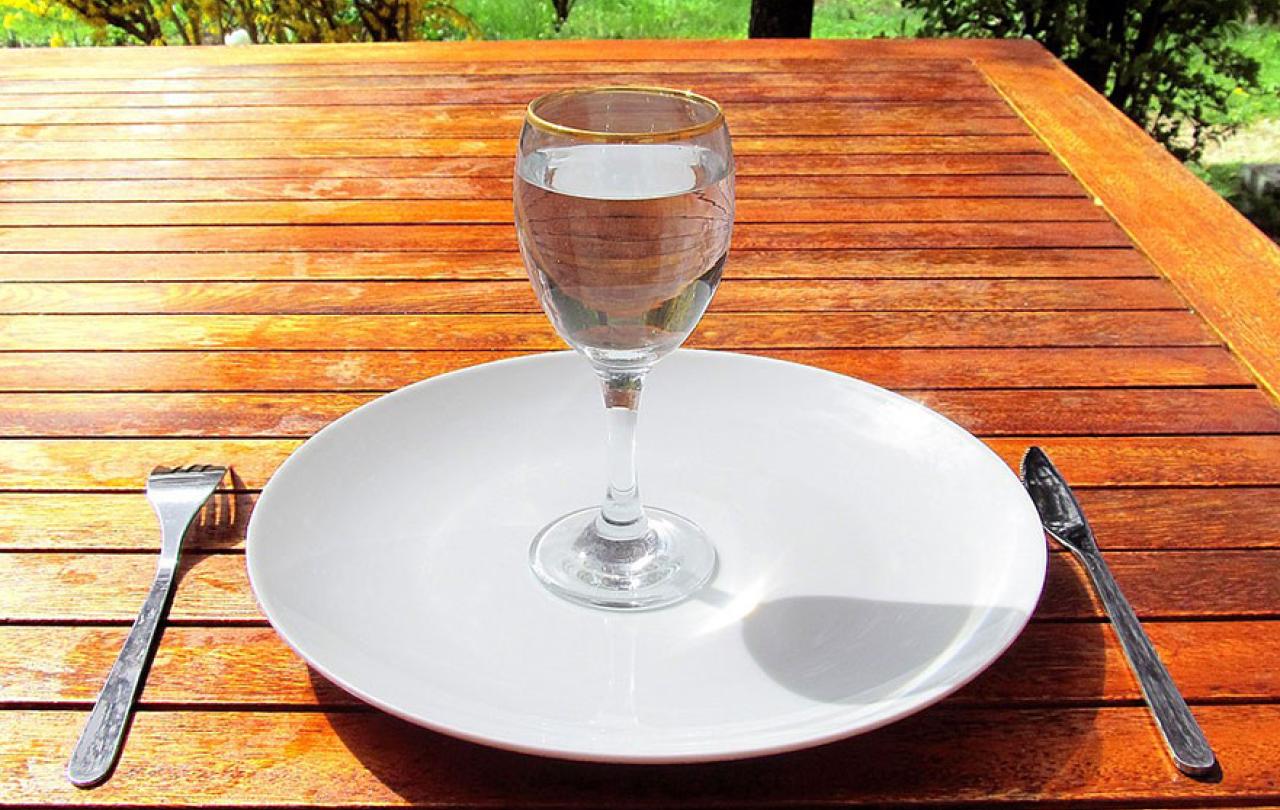
Fasting, at least in the health world, is no longer a derogatory term but one in vogue. Particularly the merits of the restricted diet, in which you limit the amount of time you eat either to a day (e.g. to an eight-hour window) or a week (e.g. skip eating on two different days). The latter approach, maybe surprisingly, follows in the footsteps of our religious forebears, who fasted every Wednesday and Friday. Could it be that they’d figured out a practice we are just discovering? And what else were they trying to achieve?
To a medieval peasant in Britain, Lent ratcheted up the twice-weekly fast. It was 40 days of a vegan diet, that often increased in intensity as the body adjusted (though the pregnant, young, sick and old were exempt). Lent also issued in much cultural creativity. Who knew that Cathedral at Rouen was a Lenten by-product, as those desperate for butter could get a dispensation by contributing financially to the Butter Towers (as they became known)? And Britons may have Lent to thank for both black peas, a Lancastrian delicacy, and fish & chips, as cooks were challenged to keep Lenten menus interesting.
Despite our caricatures of Lent as a dour and draconian time, it was essential to the enjoyment of medieval life. The purpose of Lent was not the denial but the renewal of pleasure. Maybe it’s precisely that aspect that has echoed through the centuries, manifesting now in our punishing diets, Tough Mudder races, and endurance stunts. Isn’t that a bit part of why we (well, some of us) do them?
This article was first published on March 15 2023.
'One of the principal rhythms of medieval life was this move from feasting to fasting to feasting again.'
Our modern fascination with fasting can also receive wisdom from Lent, which is that fasting for its own sake will always lead to something unhealthy. It must be for the purpose of something greater. Our forebears worried that physical practices could become idolatry, when wrenched out of their context of repentance. As G. K. Chesterton remarked,
'Physical nature must not be made the direct object of obedience; it must be enjoyed, not worshipped.'
The Old Testament prophets were particularly grumpy about this, insisting that fasting would do no good if it did not also help you love your neighbour more. Or as the early third-century Christians who fled from Roman excess into the deserts remarked,
'If you fast regularly, do not be inflated with pride; if you think highly of yourself because of it, then you had better eat meat.'
Fasting on its own will not make us better people, though we might shed a few pounds. Fasting is to restore the pleasure not only to eating, but also to the soul in need of God. Interesting that one of the primary biblical metaphors for a lively spiritual life is that of feasting and eating. Fasting resets the soul with repentance. It is praying with our body. It is not a negation but a purgation of desire – not denying our desires but resetting them. C.S. Lewis wondered whether our desires are not too strong, but too weak.
'We are half-hearted creatures, fooling about with drink and sex and ambition when infinite joy is offered to us, like an ignorant child who wants to go on making mud pies in a slum because he cannot imagine what is meant by the offer of a holiday at the sea. We are far too easily pleased.'
So if you’ve considered intermittent fasting, or even if not but you feel you might need a more balanced perspective on pleasure, consider the Lenten playbook. Feast and fast cyclically. Do it for a greater purpose than just losing weight. Let it change and reset your true desires. And maybe, just maybe, you might discover God waiting for you at the root of all your desires.





